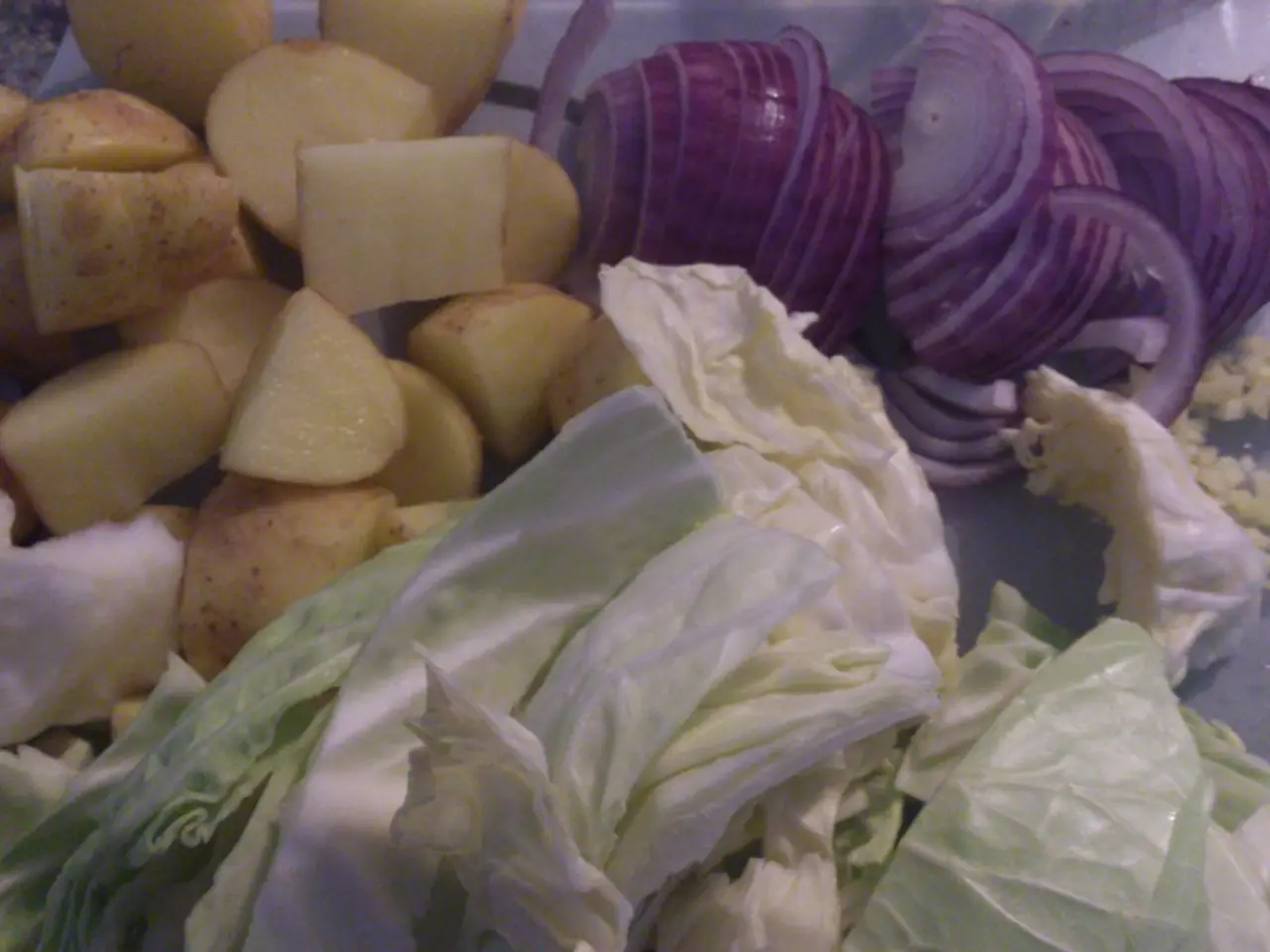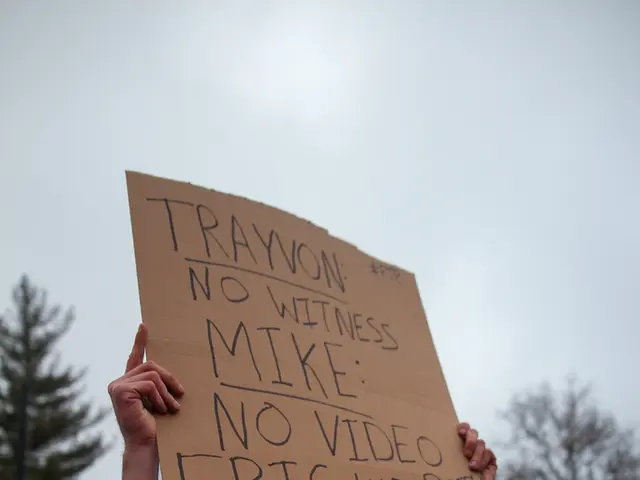EU seeks to strengthen ties with India, disregarding potential connections with Russia
The European Union (EU) and India are currently navigating a complex web of relations, with the EU expressing concerns over India's continued support for Russia amidst the ongoing war in Ukraine. During a recent visit to India, EU Commission President Ursula von der Leyen and her team of commissioners emphasized the need for closer EU-India dialogue and cooperation, particularly in security and defense. However, the EU's chief diplomat, Kaja Kallas, has stated that participating in military exercises, purchasing oil, and other actions are obstacles to deepening EU-India ties. India sent 65 troops to join the annual Russian military exercise Zapad last weekend, a move that has raised eyebrows in Brussels. The EU has already sanctioned a partly Russian-owned refinery in India, meaning that the facility can no longer export to the bloc. The EU is considering targeting countries, including India, that aid Russia in circumventing sanctions as part of its 19th sanctions package. Specific countries under particular consideration are not explicitly mentioned, but the sanctions focus on banks and entities involved in sanction evasion, particularly involving Nord Stream and other financial transactions. India is among the top buyers of Russian oil and coal, a fact that has not gone unnoticed by the EU. Brussels won't find it easy to remain a credible threat to Russia while doing more business with India, which has historical and ongoing close ties with Moscow. Despite these concerns, von der Leyen did not mention any concerns about India's involvement in Russian military exercises or sanctions circumvention during her visit. Instead, she spoke highly of India during her third visit to the country this year, expressing optimism about finalizing a free-trade agreement with India by the end of the year. EU's trade commissioner, Maroš Šefčovič, also praised India, acknowledging the progress made in the trade talks. He reiterated that the talks would be finalized before the end of 2025. However, the official also acknowledged that more needs to be done to bridge gaps between the EU and India, particularly on sanctions and the oil front. The EU is engaging with India on all aspects of countering Russia's war in Ukraine, including preventing the re-export of battlefield items of EU origin to Russia and addressing sanctions circumvention. Kaja Kallas warned that if the EU doesn't engage with India, hostile powers will fill the gap. She emphasized that the EU-India dialogue and cooperation is intended to address the growing complexity of global security threats, rising geopolitical tensions, and rapid technological change. The EU is hoping to diversify trade away from the U.S. and an increasingly unpredictable White House. In a recent summit in China, Indian Prime Minister Narendra Modi held hands with Russian President Vladimir Putin as they approached Chinese President Xi Jinping, further highlighting India's close ties with Russia. As the EU and India continue their negotiations, it remains to be seen how these complex relations will unfold. One thing is certain: the EU's stance on Russia's war in Ukraine and India's continued support for Russia will continue to be a point of contention.
Read also:
- United States tariffs pose a threat to India, necessitating the recruitment of adept negotiators or strategists, similar to those who had influenced Trump's decisions.
- Weekly happenings in the German Federal Parliament (Bundestag)
- Southwest region's most popular posts, accompanied by an inquiry:
- Discussion between Putin and Trump in Alaska could potentially overshadow Ukraine's concerns







